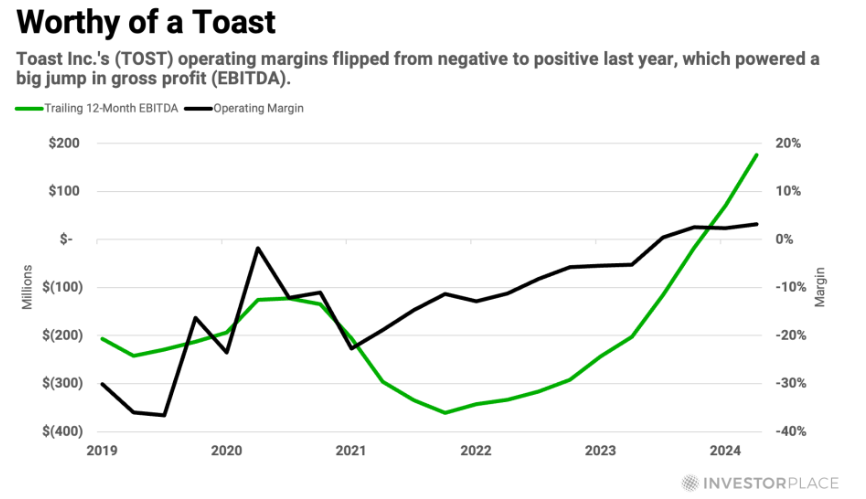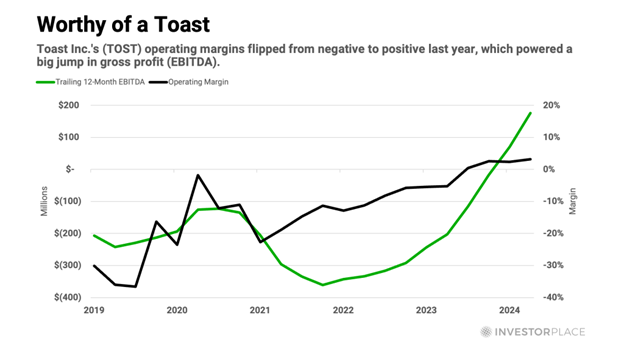Top Oil Stocks Resilient Amid Falling Crude Prices
Crude oil prices have seen a significant decline this year. Brent crude, the global price benchmark, has dropped over 10%, falling into the low $60s range. This downturn will certainly affect the cash flows of oil companies. However, some oil stocks are equipped to manage lower oil prices better than others. TotalEnergies (NYSE: TTE), ExxonMobil (NYSE: XOM), and Chevron (NYSE: CVX) stand out for their ability to remain robust even in a declining price environment. Here’s a closer look at these leading oil stocks.
TotalEnergies Positioned for Lower Oil Prices
Reuben Gregg Brewer (TotalEnergies): TotalEnergies maintains a diverse business model that helps it navigate the fluctuations in oil prices. While this trait is common among integrated oil companies, TotalEnergies has unique attributes worth noting. Unlike Chevron and ExxonMobil, which keep low leverage to enable debt management during downturns, TotalEnergies utilizes debt more heavily, similar to European rivals BP and Shell.
Despite this, TotalEnergies should not be underestimated. The company’s cash reserves result in a net debt-to-equity ratio around 15%, comparable to Exxon and Chevron. While higher debt levels alongside cash assets are not identical to lower debt, it indicates that TotalEnergies may be more resilient to dropping oil prices than some investors assume.
The key issue is oil prices. According to management, a price of $60 per barrel presents no immediate concern, with a break-even point below $50. This provides ample room for maneuver for the company before any significant issues arise.
For those questioning whether TotalEnergies’ 6.7% dividend yield is sustainable amid falling prices, the answer appears affirmative, given its diversified operations, solid finances, and effective management.
ExxonMobil: A Steady Oil Stock in Challenging Times
Neha Chamaria (ExxonMobil): In the oil and gas supply chain, exploration and production companies—known as upstream firms—tend to bear the brunt of declining oil prices since their earnings heavily rely on price fluctuations. ExxonMobil derives nearly 70% of its earnings from its upstream segment in 2024. Nevertheless, ExxonMobil possesses the resilience required not just to endure but to flourish during downturns, thanks in large part to disciplined financial management.
ExxonMobil anticipates breakeven levels will fall to $35 per barrel of Brent crude by 2027 and further to $30 per barrel by 2030. This means the company can fund vital capital projects and dividends even if oil prices dip into the $30 range, generating surplus cash above breakeven prices.
At a price of $55 per barrel, ExxonMobil expects to produce nearly $110 billion in incremental cash flow by 2030 owing to its investments and cost-cutting measures. The firm plans to allocate approximately $140 billion on major projects, focusing especially on the Permian Basin.
With this robust financial standing, ExxonMobil emerges as one of the premier oil stocks to hold, even when prices are falling. Income-focused investors can feel secure as the company has consistently increased its dividend for 42 years and continues to generate reliable cash flow despite lower oil prices.
Chevron: A Leader in Cost-Effective Oil Production
Matt DiLallo (Chevron): Few companies are better equipped to endure low oil prices than Chevron, which has developed one of the industry’s most resilient upstream production portfolios. An estimate from Wood Mackenzie indicates Chevron has the lowest upstream breakeven level, around $30 per barrel.
This efficiency showcases Chevron’s strategic investments in organic exploration and cost-effective acquisitions. A notable example includes Chevron’s $13 billion purchase of Noble Energy in 2020, which enhanced its reserves by 18% at an average cost of less than $5 per barrel of oil equivalent (BOE). More recently, Chevron acquired PDC Energy for $7.6 billion in 2023, increasing its reserves by 10% for less than $7 per BOE.
Chevron also boasts one of the strongest balance sheets in the sector, with a net debt ratio of 14% as of the first quarter, well below its target range of 20% to 25%. This financial strength grants Chevron the flexibility to invest consistently and return cash to shareholders throughout price fluctuations. The company has repurchased shares in 18 of the last 22 years and maintained a dividend increase for 38 consecutive years.
Chevron continues to invest substantially to grow its low-cost production capabilities. Several projects are in the pipeline that could yield an additional $9 billion in annual free cash flow at a $60 oil price. Moreover, Chevron is pursuing a $60 billion acquisition of Hess, which would add billions of barrels of low-cost oil resources to its portfolio.
# Chevron’s Strategic Growth and Investment Potential in Oil Market
Chevron is enhancing its production and growth outlook for the upcoming years. Its combination of low-cost resources, strong balance sheet, and evident growth catalysts positions it as a reliable oil player even amid a lower oil price environment.
Is ExxonMobil a Worthwhile Investment Right Now?
Before deciding to invest in ExxonMobil, weigh the following:
The Motley Fool Stock Advisor team recently highlighted its selection of the 10 best stocks to consider, and ExxonMobil did not make the list. The identified stocks have the potential for significant returns in the near future.
For context, consider when Netflix was recommended on December 17, 2004. An investment of $1,000 at that time would now be worth roughly $642,582!* Similarly, Nvidia, recommended on April 15, 2005, would have turned a $1,000 investment into $829,879!*
It’s important to note that Stock Advisor has achieved an average return of 975%, significantly outperforming the S&P 500’s 172%.
See the 10 recommended stocks »
*Stock Advisor returns as of May 12, 2025.
Matt DiLallo holds shares in Chevron. Neha Chamaria has no positions in any mentioned stocks. Reuben Gregg Brewer owns shares in TotalEnergies. The Motley Fool has positions in and recommends Chevron, and recommends BP. The Motley Fool has a disclosure policy.
The views expressed here are those of the author and do not necessarily reflect those of Nasdaq, Inc.





